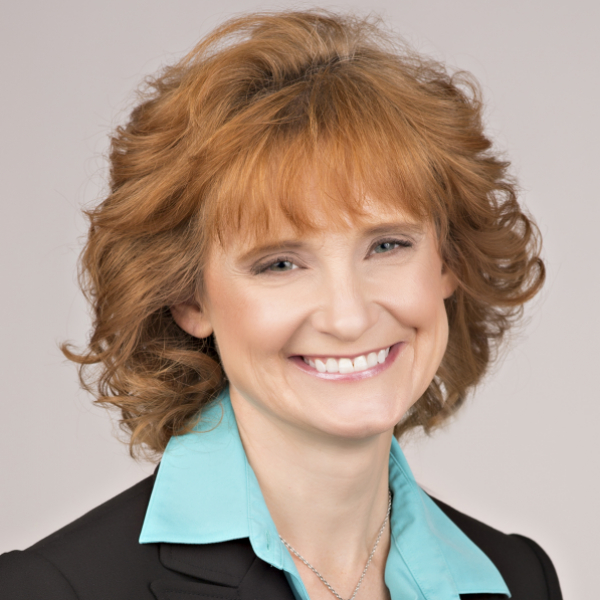Pharmacy Alumna’s Ebola Vaccine Research Featured by National Geographic

The Holy Grail in the quest to beat Ebola would be development of an effective vaccine against the virus. In November 2014, a team of scientists that included Maria Croyle, PhD’97, who’d been working for seven years on the problem, published a study in the journal Molecular Pharmaceutics reporting that they’d developed an inoculation that lowered the Ebola mortality rate in primate subjects to zero. The inoculation seemed to offer long-term protection as well. One breakthrough was in the delivery mechanism—instead of using injections, they switched to inhalers, which doubled the success rate. Dr. Croyle’s research will be featured in the BREAKTHROUGH series on pandemics. The show will air on Sunday, November 1, on the National Geographic Channel at 8 PM ET/ 7 PM CST.
Dr. Croyle earned her PhD in Pharmaceutical Sciences from the University of Michigan College of Pharmacy, where she studied under the instruction of Gordon Amidon, PhD, Charles R. Walgreen Jr. Professor of Pharmacy and Pharmaceutical Sciences.
“Maria was a wonderful and independent ‘self-starting’ graduate student,” remembers Dr. Amidon. “Maria’s initial project was a pharmaceutical freeze drying of a modified adenovirus for vaccination. There was, at that time, an adenovirus vaccine for treatment of military recruits approved by the FDA, but only for use by the armed forces,” explains Dr. Amidon. “The project was collaborative with Dr. Beverly Davidson (U-M Biochemistry, now at the University of Iowa) and Dr. Blake Roessler (U-M Immunology, Internal Medicine). Typical of collaborative projects, our freeze drying project evolved into something bigger, including biological production of the modified adenovirus and much more. Maria tackled these collaborative projects with a determination and independence that is exceptional for new graduate students. She developed a life-long interest in vaccination and treatment of diseases, especially in developing countries,” continues Dr. Amidon.
Following a postdoctoral stay at the University of Pennsylvania Medical School, where she participated and collaborated with medical doctors in the first human trials of modified adenovirus treatment, Maria accepted a faculty position at the University of Texas, where she is currently Professor. Over the course of her career, Maria has continued her deep interest in biological methods for treatment of disease and has established an extensive network of collaborative researchers in order to develop pharmaceutical biological dosage forms for treatment of rare diseases, including Ebola.



